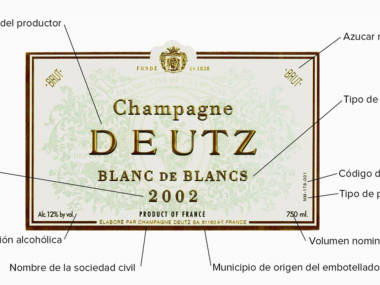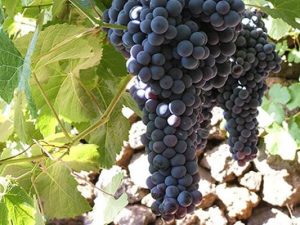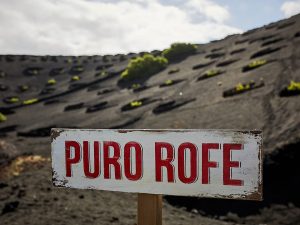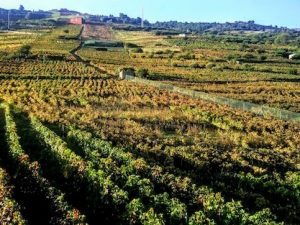The concept behind biodynamics is that everything in the universe is interconnected, from the moon and the stars, to the land of the vine and the men who grow it. Biodynamic viticulture is a holistic approach to agriculture, designed as a practice to balance the relationship between different parts of the whole.
The concept of Biodynamics was coined in the 1920s by an Austrian philosopher named Rudolph Steiner. It is an anti-chemical, holistic and homeopathic way of farming that includes viticulture.
What makes wine biodynamic?
Biodynamics is mainly produced in the vineyard, before the wine is made, and includes everything from planting to harvesting, all regulated under a biodynamic calendar, structured in four categories: Root, fruit, flower and leaf days. Each day of this calendar coincides with one of the four elements of Earth, Water, Fire and Air.
The fruit days are considered the best days for harvesting the grapes, the root days are considered the ideal days for pruning, the flower days are said to leave the vineyard in peace and the leaf days are perfect for watering the plants.
So, if you decide to harvest on a leaf day, for example, according to this school of thought, you will end up picking grapes that are rotten with water. That’s why the guidelines in the calendar are followed.
Apart from the biodynamic calendar, no chemicals or additives are allowed in the wine. Instead, special fertilizer preparations with natural ingredients are used to strengthen your vineyards.
How do we know which wines are biodynamic?
This type of wine is certified, which requires a series of requirements and stipulates certain prohibitions and regulations on the use of additives. At an international and European level, there are two certifications: Demeter International and Biodyvin (only certifies European wineries).






